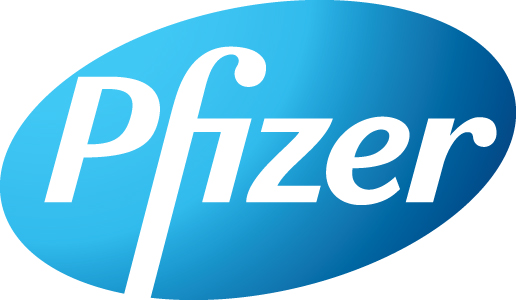Pfizer and Novartis collaborate to find liver disease therapy

Pfizer has joined forces with Novartis to bring together the therapies they have been working on independently, to treat non-alcoholic steatohepatitis (NASH).
The disease, which currently has no approved treatment, can cause swelling of the liver and discomfort around the organ. NASH is expected to become the leading cause of liver transplants within the next decade.
NASH is associated with obesity, a sedentary lifestyle and diabetes, and has become a leading concern in healthcare as increasing numbers of people suffer advanced cirrhosis and liver failure.
The British Liver Trust says NASH is now considered to be one of the main causes of cirrhosis, adding that many cases of cryptogenic cirrhosis are now being recognised as being caused by the disease. NASH lacks symptoms, leading to under-diagnosis, but it is estimated to affect at least 3-5% of the global adult population.
According to a report by Reuters, the market for a therapy for NASH is huge, with potential for $20bn–$35bn to be made for a successful product.
The companies will conduct non-clinical and phase 1 clinical studies of Pfizer’s investigational therapies, including an Acetyl CoA-Carboxylase (ACC) Inhibitor (PF-05221304, currently in Phase 2), a Diacylglycerol O-Acyltransferase 2 (DGAT2) Inhibitor (PF-06865571, Phase 1) and a Ketohexokinase (KHK) Inhibitor (PF-06835919, Phase 2), together with Novartis’s tropifexor, a non-bile acid, Farnesoid X receptor (FXR) agonist.
Dr Morris Birnbaum, senior vice president and chief scientific officer, Pfizer Internal Medicine, said: “This is an exciting collaboration with Novartis that furthers our approach to this complex disease by exploring different and potentially complementary mechanisms of action.
“Our research in NASH dates back more than a decade and stems directly from how we have developed medicines to address conditions that put patients at risk for NASH, including Type 2 diabetes and cardiovascular disease.
“We are confident that by drawing from our history and deep understanding of the close interplay between metabolic, inflammatory and cardiovascular conditions, we can potentially uncover treatments that truly meet patient needs.”
Also in the market is Intercept Pharmaceuticals, which is developing a treatment for NASH, Ocaliva (obeticholic acid). The results of its phase 3 trial will be available in 2019.
And, French biotech Genfit is currently conducting a phase 3 trial on its NASH drug hopeful, elafibranor, with results also expected next year.











